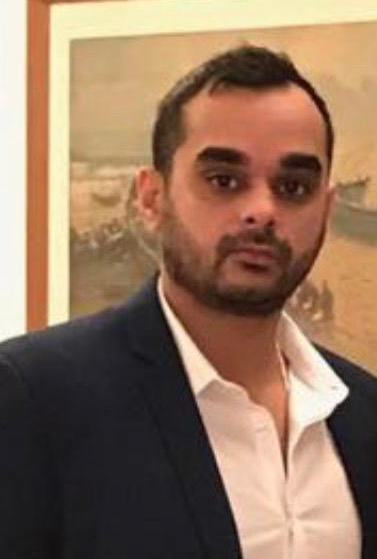Being a maverick has certainly paid off for Pat McAfee.
Not only has he become extremely wealthy, but his recent move to ESPN is expected to bring in even more money than his previous career as a punter in the NFL.
However, this newfound success comes with a price. Once you become a part of the sports media establishment, it becomes increasingly challenging to maintain an independent and unfiltered voice.
This is a lesson that Dan Le Batard learned the hard way, as his clashes with management ultimately led to his departure from the network.
While McAfee has not run into major trouble yet, his relationship with Aaron Rodgers raises some questions that ESPN will eventually have to address.
Pat McAfee-Aaron Rodgers relationship raises questions ESPN will have to answer https://t.co/UZt3JLSOJ4 pic.twitter.com/WWuISab0Z1
— Awful Announcing (@awfulannouncing) October 16, 2023
Last week, it was reported that The Pat McAfee Show pays Rodgers for his appearances. McAfee himself confirmed that Rodgers has made over $1,000,000 from his appearances on the show.
While it is not uncommon for athletes and coaches to be paid for media appearances, especially in the realm of radio and podcasts, this practice is generally frowned upon in the traditional journalism world.
And usually, the fact that someone is being paid for their appearances is made clear. In Rodgers’ case, this was not so obvious.
It is unclear how long Rodgers has been receiving payment for his appearances on the show. McAfee, not being a journalist himself, may not even be aware of the potential ethical problems this poses.
And even if he is aware, as someone who considers himself an outsider, he might not care. After all, we are in a new era of media.
However, it is safe to assume that ESPN is monitoring this situation, or at the very least, monitoring the public’s reaction to it.
You take care of your people.#PMSLive pic.twitter.com/mlw2vHaSVN
— Pat McAfee (@PatMcAfeeShow) October 12, 2023
Having someone on their platform who consistently spreads anti-vaccine misinformation can be problematic for the network.
While Rodgers has the right to say what he wants as an individual, it becomes troublesome when he does so without any pushback.
What makes this situation even more bizarre is that Rodgers keeps bringing up the topic of vaccines.
With the removal of workplace vaccine mandates and the relaxation of restrictions in various places, one would think that this topic would no longer be of concern.
So why is Rodgers still so intent on having a potential debate about it? And why does he care about Travis Kelce appearing in vaccine ads?
For ESPN, which is known for its sensitivity to criticism, these kinds of issues raise concerns. How far is the network willing to go in allowing a paid guest to express controversial opinions, even if that guest happens to boost ratings as much as Rodgers does?
The network’s credibility is at stake here. Given last week’s revelation, it is reasonable to speculate that some sort of arrangement,
whether explicit or implicit, exists between McAfee and Rodgers. Rodgers appears on the McAfee show, and McAfee agrees not to challenge his views.
Reputable journalists do not pay for interviews. This is done to avoid any appearance of a conflict of interest.
ESPN already has several conflicts of interest with its league broadcast partners due to various financial deals.
The question then arises: how common is the practice of paying guests on ESPN? The McAfee-Rodgers relationship might reach a point where it is no longer worth the headache for the network.
Another aspect to consider is the source of the leaked financial information.
Who revealed this information to Andrew Marchand of the New York Post? And what was their intention in doing so?
Leaks usually come from someone who stands to benefit from them. In this case, the story does not paint a favorable picture of Rodgers, McAfee, or ESPN.
Unfortunately, there are more questions than answers at the moment. However, one thing is clear: ESPN needs to address these questions sooner rather than later in order to uphold its credibility.
The network must decide how it wants to handle the fine line between paid guests and journalistic integrity. Only time will tell how this situation unfolds.





